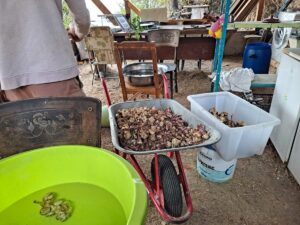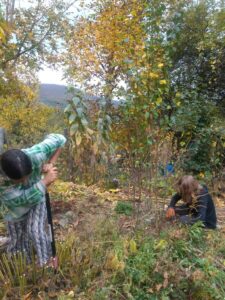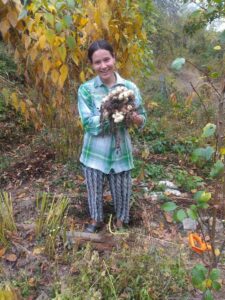Topinambur
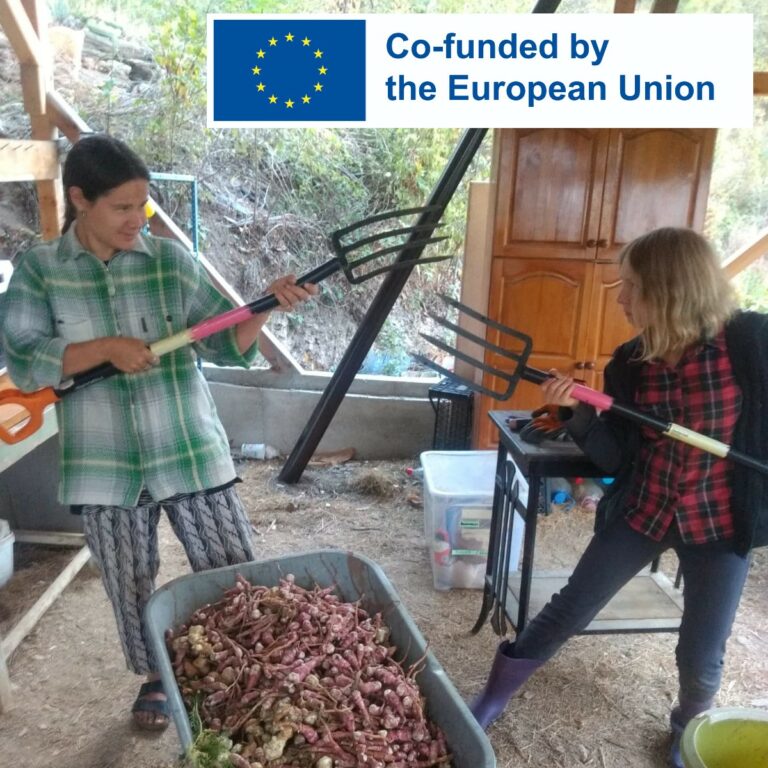
Topinambur is a plant that contains a lot of valuable nutrients. Jerusalem artichoke tubers are full of inulin, which is friendly to the health of the digestive system. It is these beneficial properties that make this plant into a superfood. Collecting topinambur began with digging. Together we started to extract the tubers that were hidden deep underground. This part of the process was long and sometimes demanding, but there was a sense of satisfaction in seeing the roots extracted. However, cleaning it turned out to be a more tedious task than I expected. Each tuber had to be carefully washed and cleaned of any remaining soil. It was a time-consuming task, but I knew the effort would be worth it. Fortunately, I wasn’t alone in this process, which made the ordeal more enjoyable. Moments of integration and joy were an unforgettable part of this process. We worked on cleaning together, singing our favorite songs and talking. These were moments that connected us and created memories that will stay for a long time. Finally, after the long process of collecting and cleaning the Jerusalem artichoke, it was time to enjoy the fruits of our labor. Topinabur has found its place in our kitchen, adding a sunny flavor to many dishes. It was the flavor of the season and a reminder that work and integration can lead to tasty rewards.
However, our adventure with Jerusalem artichoke did not end there. Not only did we dig up the tubers and clean them, but we also had to deal with the impressive stems of this plant. The thickness of some of them was surprising, which made us want to use a machine to cut them down, but after many attempts we couldn’t get it to work and we started working by hand using secateurs. This was a part of the process that required physical effort from us, but at the same time allowed us to get closer to nature fully. Cutting the stems was a moment when we could feel more integrated with the plants that grew in our garden and appreciate their strength and beauty. It is also an additional opportunity to spend time together and strengthen relationships with friends during this difficult but rewarding task. And why didn’t we actually leave these stems whole? Once we had the tubers and cut off the stems, it was time to take care of the remaining plant parts. Instead of leaving them on the surface of the garden, we decided to use them to create mulch, which served several important functions. First, it protected the soil from erosion and moisture loss. Secondly, it helped protect the tubers against frost, which allowed them to be stored longer. But it is not everything. The most important thing is that the topinambur mulch helped the natural decomposition process of these plants. This meant that nutrients from the tubers, leaves and stems slowly returned to the soil, enriching it and preparing it for the next season. It was like a gift from nature to the garden. Mulching not only helped the Jerusalem artichoke decompose, but was also an integral part of our approach to organic gardening. It was a practice that helped us take care of our soil, increase crop yields, and leave an ecological footprint.
Written by Joanna
